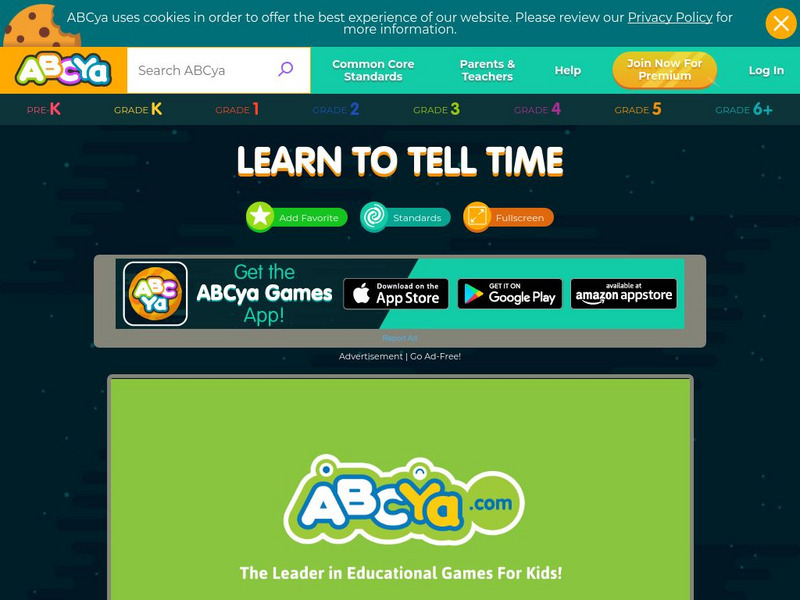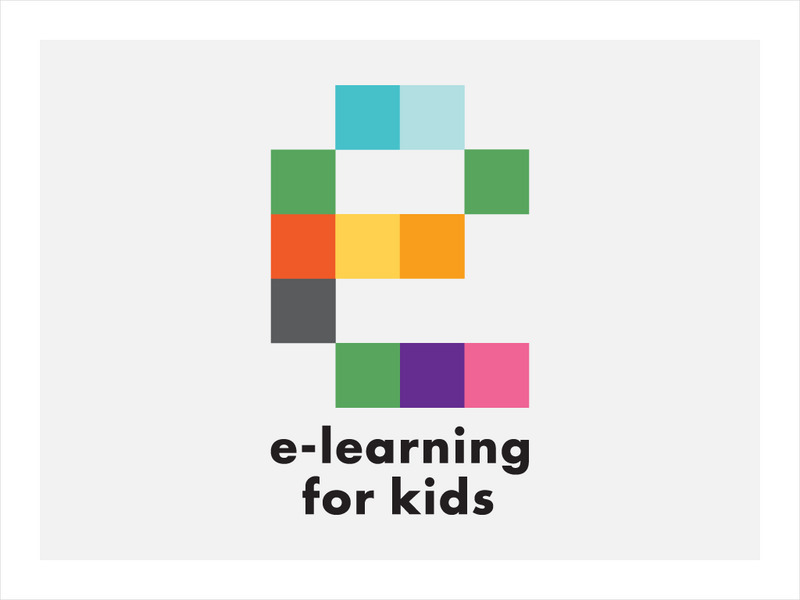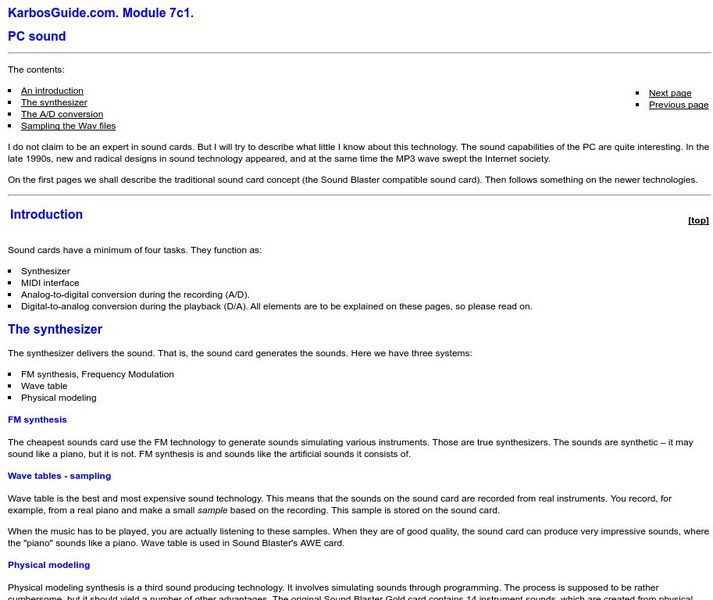Hi, what do you want to do?
SEN Teacher
Sen Teacher: Make and Draw Clocks
Use this website to assemble different types of clocks and create printouts for classroom use. You can generate printouts of clock faces, faces with numbers, clock parts (numbers and hands), as well as worksheets where students draw...
Other
Analog to Digital: Why and How to Teach Students to Write for an Online Audience
This article discusses the importance of teaching students how to write for an online audience using traditional writing skills but transitioning these to digital media. The author talks about ways to incorporate social media and...
Math Is Fun
Math Is Fun: Analog and Digital Clocks Animation
An analog and a digital clock are presented. You can adjust the time for each to see the result on the other one.
Other
Wireless Advisor: Analog, Digital: What's the Difference?
Describes the differences, disadvantages, and advantages of both an analog and a digital phone.
Math Is Fun
Math Is Fun: Clocks: Digital and Analog
The difference between analog and digital clocks is explained accompanied by colorful pictures of clocks.
Topmarks Online
Topmarks: Teaching Clock
Teaching Clock is a teaching resource to help children explore telling the time in both analog and digital formats. Ideal for use in full-screen mode on an interactive whiteboard, where teachers can demonstrate the relative movement of...
Scholastic
Scholastic Instructor: Ticktock Clock Fun
Use these various learning games in your classroom to teach about clocks and telling time. Reproducibles are included.
CK-12 Foundation
Ck 12: Elem Math: Matching the Time to the Clock
[Free Registration/Login may be required to access all resource tools.] In this learning module, students are asked to match the time written in word form to the digital or analog time. Includes video demonstrating a sample problem...
Shodor Education Foundation
Shodor Interactivate: Elapsed Time
Students can practice determining elapsed time when given a start time and an end time. They can switch between digital and analog clocks.
Open Ed
Open Ed: Assessment: Digital Transmission and Storage of Information
This four-question assessment over digital transmission and storage of information has a resources accompanying each question. The resources include 5 videos and a diagram. Students study the resources and then take the assessment.
Math Is Fun
Math Is Fun: Date and Time Clock
The interactive clock displays the date and time. A digital and analog clock are displayed.
TeachEngineering
Teach Engineering: Robo Clock
Students learn various topics associated with the circle through studying a clock. Topics include reading analog time, understanding the concept of rotation (clockwise vs. counter-clockwise), and identifying right angles and straight...
Alabama Learning Exchange
Alex: Mr. Crocodile's Busy Day
Young scholars will listen to the book What Time is it Mr. Crocodile? by Judy Sierra. The students will read and use Mr. Crocodile's schedule to answer questions as well as read analog and digital clocks to the hour.This lesson plan was...
ABCya
Ab Cya: Time Travel: Learn to Tell Time
Students practice telling time by changing both a digital and analog clock to the correct time.
ABCya
Ab Cya: Learn to Tell Time
Practice telling time with a digital or an analog clock with this activity with four challenging levels.
Alabama Learning Exchange
Alex: Telling Time to the Hour
This instructional activity helps children make a connection between the digital and analog clock. In general, the number system is based on units of ten which can sometimes make it difficult for children to realize that time is based on...
E-learning for Kids
E Learning for Kids: Math: Baseball: Time: Clocks and Time
Join Dan at the baseball field! Can you help him be on time for his practice?
Other
Nearpod: Telling Time to the Nearest Five Minutes
In this lesson on telling time to the nearest five minutes, students explore analog and digital clocks by learning key vocabulary and exploring how they are the same and how they are different.
Other
Nearpod: Telling Time to the Half Hour
In this lesson on telling time to the half-hour, 1st graders explore analog and digital clocks by learning key vocabulary and exploring how they are the same and how they are different.
Other
Nearpod: Telling Time to the Hour
In this lesson on telling time to the hour, 1st graders explore analog and digital clocks by learning key vocabulary and exploring how they are the same and how they are different.
CK-12 Foundation
Ck 12: Physical Science: Electronic Signal
[Free Registration/Login may be required to access all resource tools.] Covers electronic signal, how an electric current can be used to send an electronic message, what analog and digital signals are, and the difference between them.
Other
Karbos Guide: A Guide to Sound Cards and Digital Sound
Informative site about the use of sound cards and the necessity for them in today's computer world.




















